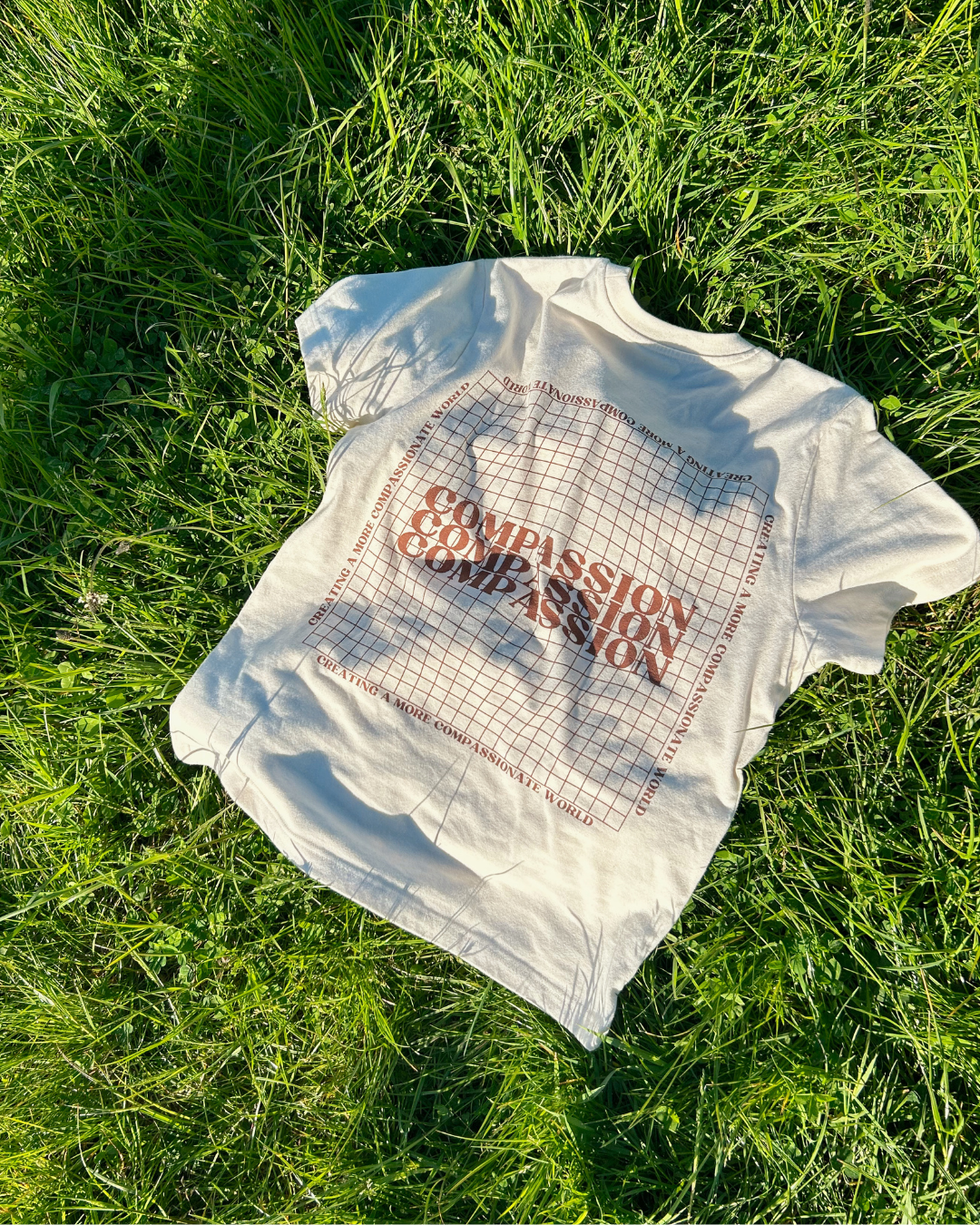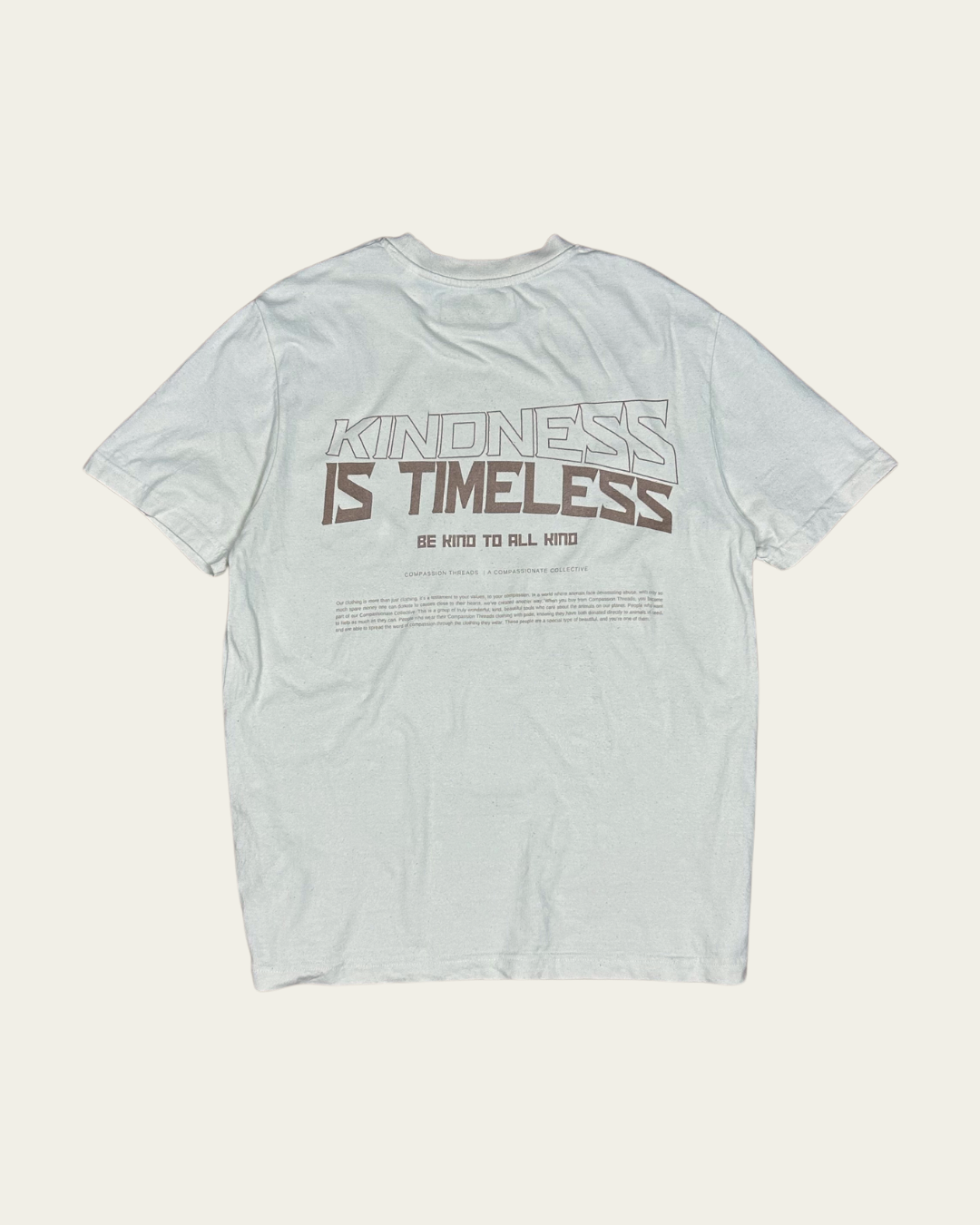
Ultimate Guide to Vegan Clothing Brands: Ethical Fashion Choices
Discovering Sustainable Vegan Clothing Materials
The fashion industry is undergoing a significant transformation with a growing demand for sustainable and ethical fashion. This shift has paved the way for the rise of sustainable vegan clothing materials.
Factors Driving the Rise of Sustainable Vegan Clothing Materials
- Increasing awareness of environmental impact
- Shift in consumer preferences towards sustainability and transparency
One of the key aspects of this movement towards sustainable fashion is the emphasis on using vegan materials that are not only environmentally friendly but also align with the values of ethical veganism. In the past, vegan clothing options were often associated with a lack of style and luxury. However, advancements in technology and innovative manufacturing processes have made sustainable vegan materials a viable and attractive choice for fashion-conscious individuals.
Benefits of Sustainable Vegan Materials
The benefits of choosing sustainable vegan materials for your clothing are manifold. First and foremost, opting for these materials allows you to make a positive impact on the environment. Traditional clothing materials like leather and fur require the use of animal products and contribute to deforestation, water pollution, and greenhouse gas emissions. By choosing sustainable vegan materials, you can reduce your carbon footprint and help mitigate the negative effects of the fashion industry on the planet.
In addition to being environmentally friendly, sustainable vegan materials are also cruelty-free. They do not involve the exploitation or harm of animals, which aligns with the principles of ethical veganism. This means that you can enjoy stylish and luxurious clothing without compromising your values.
Furthermore, sustainable vegan materials are often innovative and technologically advanced. Many brands are investing in research and development to create materials that are not only sustainable but also offer superior comfort, durability, and performance. This means that you can enjoy high-quality clothing that meets your needs and expectations.
Popular Eco-Friendly Fabric Options for Vegan Clothing
- Organic Cotton: Organic cotton is produced using environmentally friendly practices, without the use of harmful chemicals. It is soft, luxurious, and better for the soil, water sources, and the health of farmers.
- Hemp: Hemp is a versatile and sustainable material that requires minimal water and no pesticides to grow. It is known for its durability, strength, and natural anti-bacterial properties, making it an excellent choice for long-lasting clothing.
- Lyocell (Tencel): Lyocell, also known as Tencel, is made from sustainably harvested wood pulp and manufactured using a closed-loop process that recycles water and solvents. It is breathable, moisture-wicking, and ideal for activewear and everyday clothing.
- Piñatex: Piñatex is a unique fabric made from pineapple leaf fibers, a byproduct of the pineapple industry. It is durable, versatile, and does not require additional land, water, or pesticides to produce.
These eco-friendly fabric options offer a sustainable and cruelty-free alternative to traditional fabrics, without compromising on style or comfort.
Innovative Solutions in Sustainable Vegan Fashion
The fashion industry is constantly evolving, and innovative eco-friendly solutions are emerging to address the environmental and ethical challenges associated with traditional fashion. One of these solutions is the development of plant-based leather alternatives, such as mushroom leather and cactus leather. These materials offer a similar look and feel to traditional leather, but without the negative environmental and ethical impacts.
Another innovative solution is the use of recycled materials. Many fashion brands are incorporating recycled fabrics, like polyester and nylon, into their collections. These materials are made from post-consumer waste, such as plastic bottles and fishing nets, and can be recycled again at the end of their life cycle, reducing the demand for virgin resources and minimizing waste.
Additionally, innovative manufacturing processes are being developed to minimize the environmental footprint of clothing production. Some brands are using waterless dyeing techniques to reduce water usage and eliminate harmful chemical discharge into water sources. Others are exploring 3D printing technology to create custom-fit clothing, reducing fabric waste and improving the overall fit and comfort of garments.
Transitioning to a Sustainable Vegan Wardrobe: Tips for Success
- Educate Yourself: Learn about the different sustainable vegan materials available in the market, their properties, benefits, and care instructions.
- Research Brands: Look for fashion brands that prioritize sustainability and ethical practices, supporting those that align with your values.
- Start Small: Transitioning to a sustainable vegan wardrobe doesn't have to happen overnight. Begin by replacing one or two items with sustainable alternatives and gradually incorporate more over time.
- Take Care of Your Clothing: Proper care and maintenance can extend the lifespan of your clothing, reducing the need for frequent replacements and minimizing waste.
- Consider Secondhand and Vintage: Shopping secondhand is a sustainable and budget-friendly way to update your wardrobe with unique, sustainable pieces.
By following these tips, you can build a wardrobe that reflects your values, contributes to a more sustainable and ethical fashion industry, and elevates your personal style choices.








